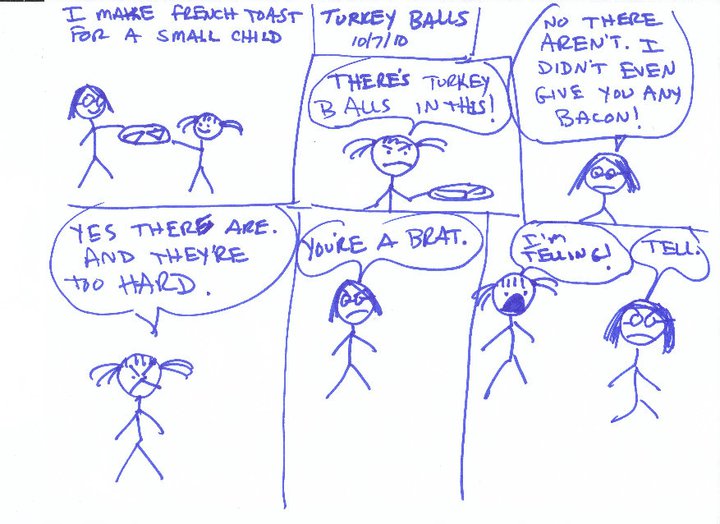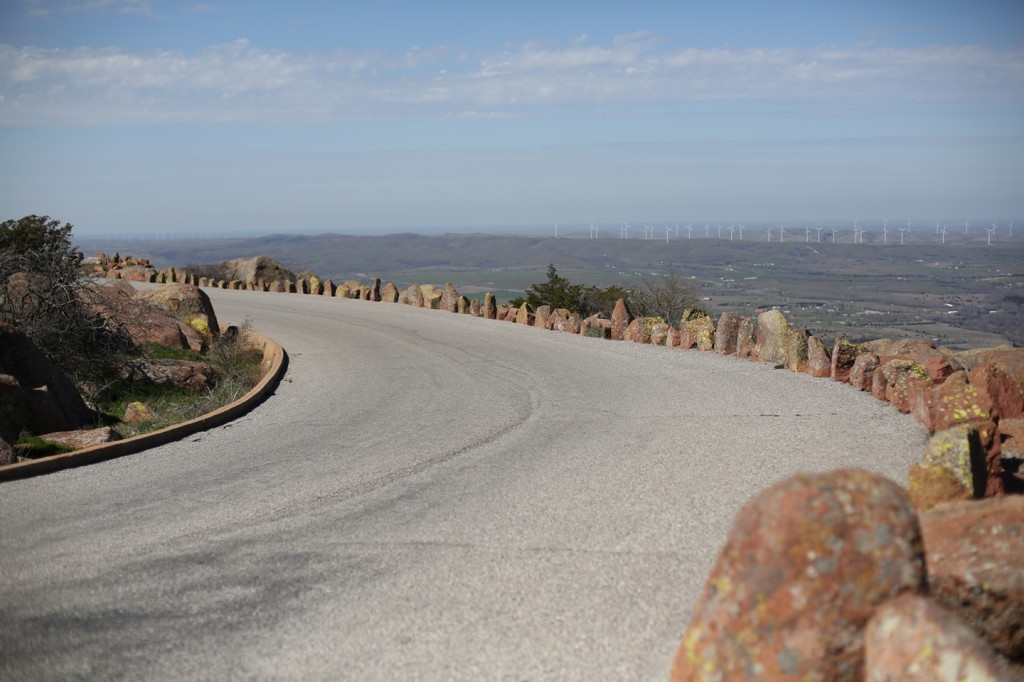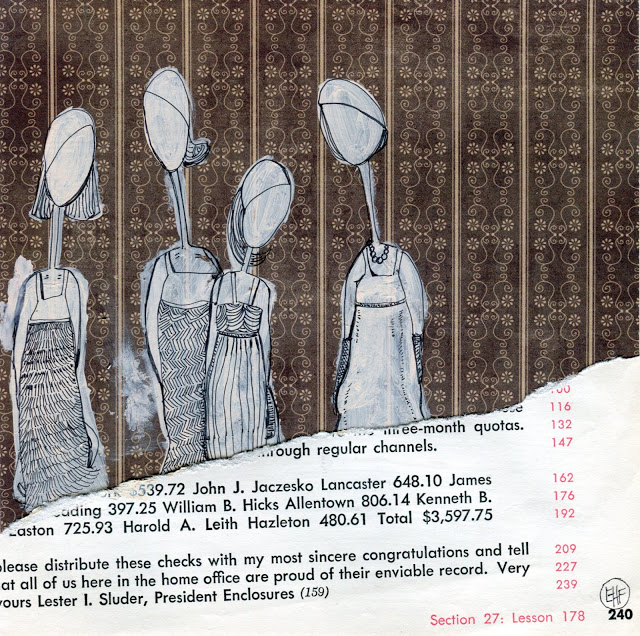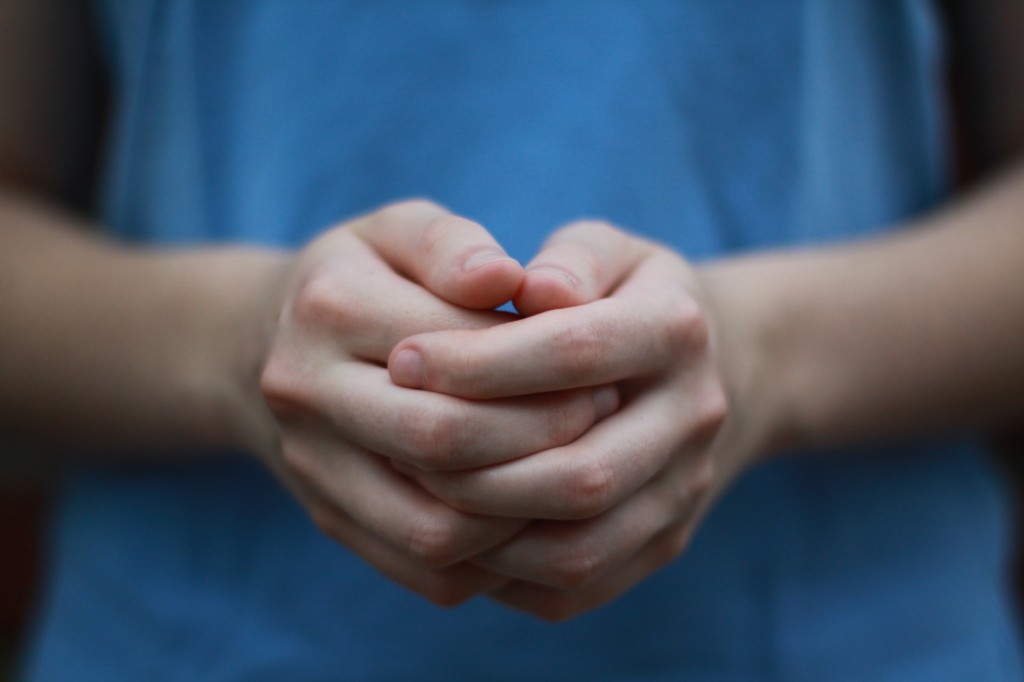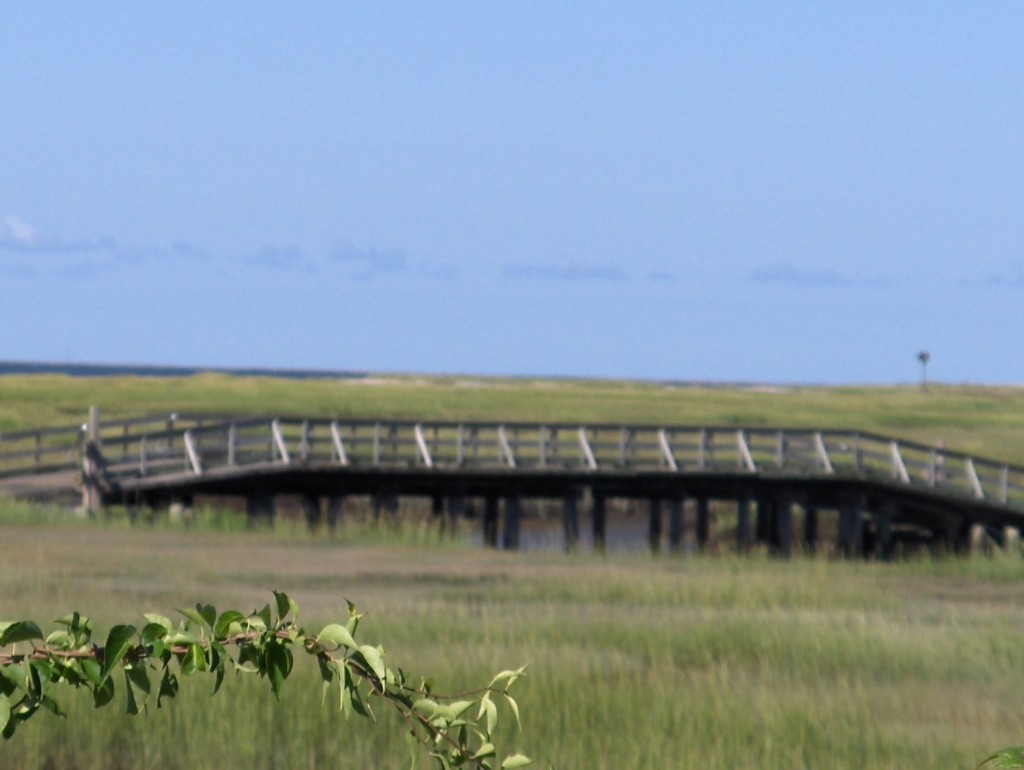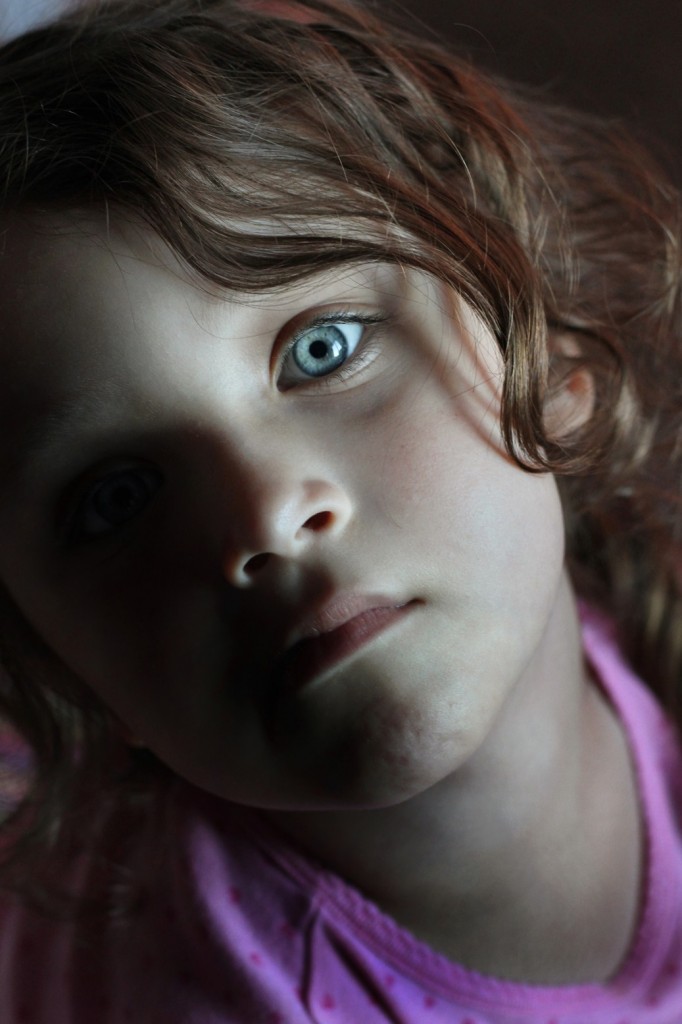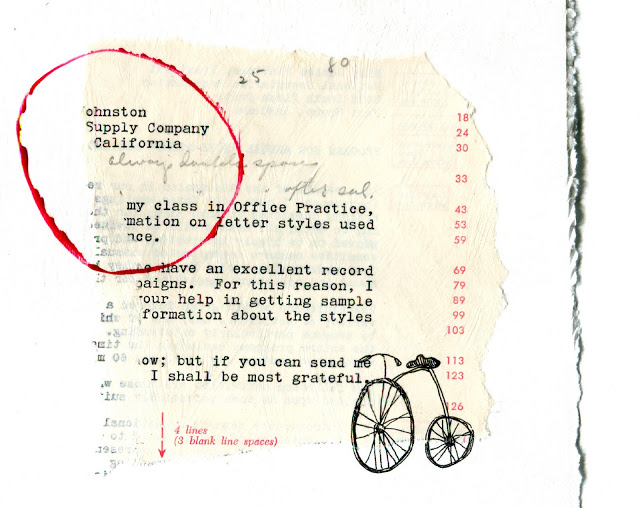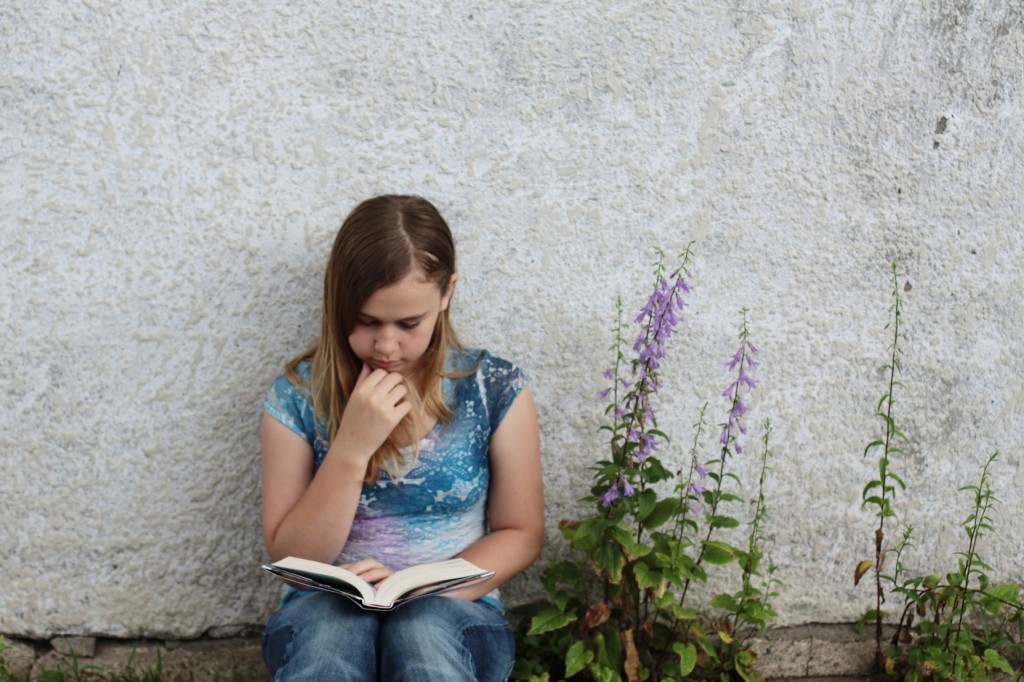
By Jennifer James
About thirteen years ago, my husband’s grandmother, Miss Elizabeth, was moved to an assisted care facility. Initially, it seemed surprisingly nifty. There were big screen televisions, prepared meals, and lots of friendly staff members. Except for the occasional funky smell and confused outburst, it felt a lot like a geriatric college dormitory setting. This was a happy surprise—I had anticipated grungy green walls, stained linoleum floors, and rows of abandoned bodies anchored to wheelchairs. Instead, I walked into an open, airy atrium, decorated with large, luxurious Boston ferns and a spacious bird cage, home to a few brightly colored finches. Two cheerful ladies sporting tight perms and meticulously coordinated track suits greeted me as I stopped to look more closely at the finches. I was not crippled by sadness, walking into this place: a genuine blessing under the circumstances.
All kinds of folks landed at Hillside House, as I’ll call the facility. Elizabeth had been diagnosed with some nasty “female” (it was, in fact, uterine) cancer six months earlier. She had most likely been ill for some time before the cancer had been detected, but she had ignored some symptoms, assisted by well-intentioned physicians along the way. By the time her illness was acknowledged and diagnosed, it was statistically unlikely that Elizabeth would recover. Her treatment plan was labeled “palliative,” designed to give maximum comfort and healing without subjecting her to rigorous procedures and quasi-lethal medications. Reluctantly, the family agreed that she could no longer live independently and Hillside House seemed the least-terrible option available. Which didn’t make it any less terrible for Elizabeth.
•••
When I first met Elizabeth, she was in her late fifties and I was engaged to her grandson, Ed. Ed and I had met in college, fallen quickly and completely in love, and caused our parents all kinds of consternation as a result. Especially Ed’s parents. My parents were divorced and disorganized and fairly unconcerned with societal expectations and judgments. Sure, they hoped Ed was not secretly a serial killer with a collection of severed Barbie doll heads under his bed, but he seemed respectable enough, with his gentle Southern accent and aspirations to become a high school English teacher. On the scale of crazy in our family, he was hardly a blip on the screen.
Ed had grown up in a small, rural community, where your life was fodder for community review sessions, courtesy of your friends, neighbors, and your very own respectable family members. What they knew was this: I had not been raised in Virginia, my (ahem…divorced) parents were both Yankees, and I had been baptized in the Catholic (aka “Papist”) church. I could have come with more familiar credentials, and certainly, a more civilized bloodline.
Still, Ed seemed to like me fine, and that was good enough for Elizabeth: she fed me right along with the rest of the family. Ed grew up three miles down the road from his grandparents and spent many happy days eating freshly fried chicken and as many ice cream sandwiches as he could manage at their kitchen table. Elizabeth didn’t talk about how she felt, or how you felt, or what was wrong with the world today; she was busy putting more potatoes on your plate and checking to see if you needed more chicken. She was a pragmatist, by necessity—dreamers in her time didn’t have a great survival rate. After all, there was too much work to do: there were parents, and grandparents, and if you were very, very lucky, children, to care for. Elizabeth did what was expected of her: she tucked her own dreams away and nurtured those of her children.
And Elizabeth loved children. She taught them handwriting and prayers and how to slaughter a chicken neatly. She fried piles and piles of salt fish and potatoes at four-thirty a.m. on winter mornings so “the boys” (she’d had two, three counting her husband) would have a good breakfast before they set out hunting. Both of her sons married spirited women who may have wanted their husbands home on chilly winter mornings, and as the years passed, Elizabeth found herself preparing fewer and fewer early-morning fish feasts.
When I came to the family, Elizabeth and I developed a heartfelt, if timid, affection for one another. We didn’t really speak one another’s language, but eventually I learned to shift my conversation to weather predictions and local news, and she learned that I was not judging her on the tenderness of her chicken or the tartness of her fig preserves. We became allies in the muddy world of multi-generational family allegiances, and by the time Elizabeth became a resident of Hillside House, she was much more like my own grandmother than any kind of in-law.
About three months before Elizabeth got sick enough for anyone to notice, I learned I was pregnant with my first child. This was a considerable relief to everyone involved. Initially, our families feared that our lickety-split trip to the altar indicated that a “six month” baby was on the way. After a year, there was no baby. Several years passed, in fact, with no baby, and family members began to wonder whether we were incapable of reproducing or just too selfish. Ed and I kind of wondered ourselves, so when we learned a wee one was on the way, we leaned into the future with happy resignation and notified our parents and grandparents accordingly. The ensuing excitement was tinged with achy sorrow as Elizabeth’s illness unfolded parallel to my pregnancy.
•••
So there we were: Elizabeth, wondering how she’d ended up in this silly establishment full of old people and food without nearly enough seasoning, and me, wondering kind of the same thing.
One afternoon, as we sat in a sunny spot on the back terrace, a tiny, hunched-over woman who I’ll call Miss Emily shuffled by. As she went back in, she threw us an accusing look, as if we’d just pelted her car with raw eggs or something like that.
“What’s wrong with her?” I asked. “Are we sitting at her table?”
Elizabeth snorted, coughing a little in the process. “Aw, don’t worry about her. She’s always on a tear.”
“Why?”
“I don’t rightly know, honey. She won’t talk to anybody. She just rushes around here like somebody’s after her.” Elizabeth sipped her chamomile tea. “It sure is aggravating, I’ll tell you that.”
I saw her point.
•••
A few weeks later, Hillside House had become much more familiar to me. It felt less like a college dormitory, and more like the set for an episode of The Twilight Zone. At first, everything had seemed pretty normal. Which I guess it was, since aging and death are normal realities. Still, it’s outside the norm to find a whole building purposed for housing folks in this chapter of life, and there was a certain sensibility that colored the residents and their visitors accordingly.
For example, we’d gotten used to a woman I’ll call Miss Agnes, who sat on the loveseat in the corner, singing, “I’m ready, I’m ready, I’m ready for my ice cream.” Sometimes she got a little pissed and sang louder, in a growly tenor: “I’m READY. READY. READY FOR ICE CREAM.” And so on. The nursing assistants spoke to Miss Agnes gently, and would sometimes guide her to the next activity or simply let her chant the day away, dreaming of ice cream.
One afternoon, Miss Emily skittered by the periphery of the room we were sitting in, and I asked Elizabeth if she had heard anything that might account for Miss Emily’s strange behavior
“Oh, honey,” Elizabeth sighed. “Miss Emily is nuttier than one of Grandma Sutton’s date bars.” That much I knew.
This was her story:
Miss Emily was a book thief. Since her first day at Hillside House, she’d been collecting printed materials. She started with a stash of brochures at the front desk and soon moved on to the large print Reader’s Digest magazines. Because she only took a few at a time, nobody noticed at first. God knows, no one ever saw the woman sitting, much less settled in with a good book. Two or three weeks into her residency, however, Miss Emily’s secret was uncovered. The staff tried to keep the old lady relatively happy, while quietly culling her print collection from time to time.
I was impressed. I wasn’t sure I’d be innovative enough to snatch reading materials like that.
Elizabeth let out a very soft harrumph and said, “Well, Jenny, I don’t know what in the world that crazy old woman is thinking. What is she going to do with all those foolish books anyway?” I said nothing in response, but thought I knew exactly what “that crazy old woman” was thinking. Exactly. And I tried not to hold it against Elizabeth.
•••
Books are not a nicety for me; they’re a necessity. Books have always been my friends. There were long periods of time in my childhood when I was surrounded by lots of unhappy adults and books and not much else. The books made excellent allies, even the duller ones. Also, since the adults involved were pretty busy being miserable, they didn’t have too much energy to squander policing my reading selections. I learned a lot about sex (a few choice scenes from Peter Benchley and Ken Follett) and frontier living (Laura Ingalls Wilder) and deeply disturbed loners (Edgar Allen Poe) at a tender age.
As I grew older, and mercifully, gained access to a broader selection of books, I glommed onto young adult fiction. At a certain point in time, I probably could have recited full chapters of Judy Blume books from memory. I loved a book called The Cat Ate My Gymsuit by Paula Danziger. I am still moved to tears by Madeleine L’Engle’s A Ring of Endless Light. The clueless (if loving and well-intentioned) adults in my life had very few helpful pointers for a chunky teen with poor social skills. If Judy Blume couldn’t teach me how to talk to boys, who could? Who would?
In the end, if you’re a reader, it doesn’t seem to matter so very much what you read. There is magic in seeing the world from another point of view, regardless of whose it is. And yet, there are some people who never quite get the magic. Elizabeth was one of those people. She read when obligated, but reading held no special pleasure for her. Maybe it correlates with the “no dreaming” environment she survived; her life had been shoved into external experience. Reading was an activity only the idle could afford, and she was too busy making sure that everyone was equipped with clean undies to read some trifling book. And hell, who really knows what batty Miss Emily was up to? Maybe she was just an elderly hoarder. She never said.
I like to think she read everything she took, though. Especially the Reader’s Digest. When it’s me, sitting in the determinedly cheerful atrium of Hillside House or Young at Heart, or wherever I end up in my final days, I hope I’ll have books to read, and I hope they’ll be my books, and not crappy little fliers and magazines stashed around the assisted care facility. I can see the fun in skittering around and snatching things too, though. It doesn’t matter if you call it a nursing home or an “assisted care facility” or the geezer house. What it means is, you can’t live by yourself anymore. Because you’re too old or too sick. And the next benchmark is not a new car or Hawaiian vacation. Even the crazy lady singing for ice cream had to know that. So you might as well enjoy the ice cream and read everything you can.
•••
I never did talk to Miss Emily, and Elizabeth lived for ten whole days after our baby was born. On the way home from the hospital, we stopped by Hillside House to introduce our new boy to Elizabeth. It was quite an event. Elizabeth was very sick by then, and spent her days drifting in and out of awareness.
Ed and I walked into the familiar atrium with the baby, hope and despair in equal measure bubbling around in our hearts. The old ladies gathered around to coo at the little one and to give us hugs. I was sobbing before we even got to Elizabeth’s room. The rush of raw joy and sadness coexisting made everything seem so terribly fragile.
We walked into her room. One of her sons sat beside her bed, holding her hand and quietly weeping. My husband and I sat down on the other side of the bed and she shifted her head slightly so she could see us.
“Oh, Jenny,” she said softly. “He’s just darlin’.” Then she managed a wink and a tiny chuckle. “Little boys are the best, you know.”
She was too weak to actually take the baby in her arms for long, but I put his tiny body down in the crook of her arm and he stayed like that for a minute or two. Then the spell broke and the baby cried and we had to leave.
We saw her one more time after that and the baby cried from the first moment we walked in. Finally, someone took the baby into another room, and Elizabeth took my hand.
“Jenny. Jenny, do you think I’m dying? Do you?”
In general, I like to think I’m okay being near very ill people. I think it’s because I am gifted in the finest nuances of denial and can carry on a quasi-normal conversation with the dying. I can discuss the weather, their medication, other family members, etc., etc. The problem is, I don’t want to scare the dying person. If they don’t know they’re dying, I don’t want to be the one to break the news.
I took a deep breath. “I don’t know. I think that’s between you and God, Elizabeth. I don’t know. But either way, it’ll be okay.”
Elizabeth coughed slightly and squeezed my hand. “I expect you’re right, Jenny. I expect you’re right.”
Just then, my husband walked in and reached for Elizabeth’s hand, resting his on top of mine. “Grandma, we’re going to have a little boy running around our hill again.” My chest caved in. She would never see our little boy run down the lovely, green hill that lay behind our house. It was the same hill she’d run down as a tiny girl, and that her children, and her grandchildren had called home. I thought I might smack my husband in the gut for reminding her of what would never be.
Of course, Ed was just as frightened as Elizabeth was, probably more so. And all he could imagine was how much she’d enjoy feeding another little blonde boy with an enormous appetite and smiling eyes. I think he was so happy and proud to have our little dumpling of a person to show his grandma that for a moment, he forgot that the story would go unfinished for her.
Elizabeth smiled again, the perfect grandma, wanting to comfort one of her boys one last time.
“Oh, Eddie,” she said softly. “I’ll dream of it.”
•••
JENNIFER JAMES lives with her husband and three children in rural Virginia. After graduating from William and Mary in 1989, Jennifer moved to Gloucester County, where she found work as a teacher’s assistant and veterinary receptionist until 2000, when her first child was born. After an approximate decade of diapers and interrupted sleep patterns, Jennifer started writing with purpose in 2010 and has been at it since. A good story is her favorite thing.

 Follow
Follow
